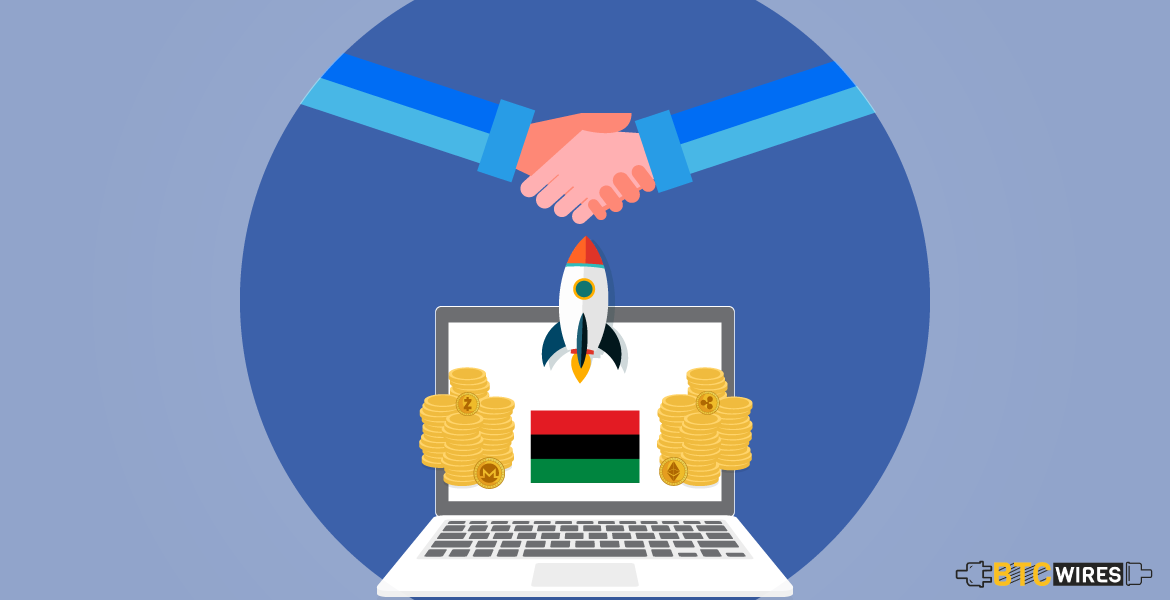Recently, Pan African organizations launched the African Digital Asset Framework

Recently, Pan African organizations launched the African Digital Asset Framework (ADAF). It is the first open source software platform which is targeted to create transnational standards for digital as well as distributed ledger technology (DLT) in line with Pan-African development objective. African Digital Asset Framework is looking forward to promote cryptocurrency commerce within the continent. ADAF is planning to leverage the technology to stimulate digitized Pan-African economic growth.
According to the co-founder of ADAF, Felix Macharia African Digital Asset Framework was formed by the organizations of the cryptosphere which are looking forward to harmonize the regulations and standards in the crypto world. Macharia also said that
“Digital assets know no borders. If Africa is to benefit from the full potential of distributed ledger technologies and even from agreements around free trade, we must start drafting standards, legislation and regulations that are in line with this new reality.”
In July this year, ADA was introduced to the global community via a research and development paper on Nelson Mandela international day at the United Nations. The paper outlined the opportunities offered by digital assets and distributed ledger technology to open borders for commerce within the African continent and its diaspora. The paper points out that, digital assets are a secure way to trade and cryptocurrency such as Bitcoin can enhance the economic integration not only in the African continent but also beyond the continent. Three founding organisations of ADAF are Raise, Kotani, and alba.one. ADAF is backed by ambassadors of African Union, its member states, and African Development Bank (AfDB).
The co-trustee of ADAF, Marvin H.Coleby said that
“Digital assets are secure, borderless and do not require expensive infrastructure – they can be sent anywhere, anytime, inexpensively and by anyone. There is an opportunity to build digital bridges for trade and commerce among Pan-African communities in the diaspora and within the continent. Currently, only 11% of Africa’s GDP comes from Pan-African trade.”
Marvin believes that there is a strong requirement for legal and technological standards to support these emerging technologies.
In an online statement, ADAF said that
“Digital assets create a secure way for people to trade, peer-to-peer, across borders, enabling people to securely access and transfer items like currency, identities, land titles and votes over the internet.”
The primary goal of the ADAF platform is to encourage digital asset ownership and value exchange in digital economies in the African continent.
